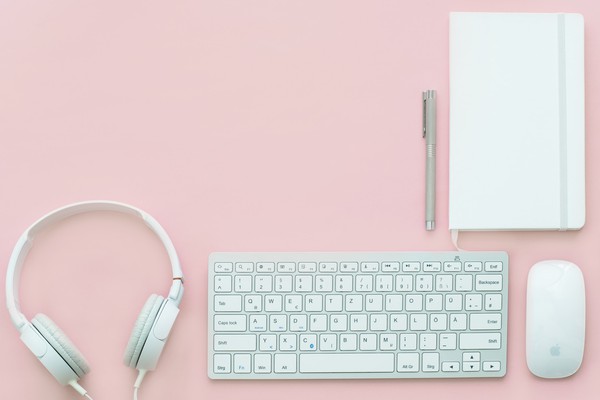Minimalism is a lifestyle movement that has gained popularity in recent years. It is characterized by living with fewer possessions, simplifying one's life, and focusing on what truly matters. While many people view minimalism as a way to declutter their homes and reduce stress, the movement has also faced criticism for oversimplifying complex issues and being too prescriptive. In this article, we will explore both the potential benefits and drawbacks of minimalism as a form of self-care or self-improvement.

Main Point 1: The Potential Benefits of Simplifying Your Life
One of the key principles of minimalism is simplifying your life, which can have a positive impact on your mental health. By reducing the clutter and chaos in your environment, you create a space that is calm and peaceful, which can lead to reduced stress and anxiety. However, it is important to acknowledge that the effectiveness of minimalism in promoting mental well-being can vary from person to person.
Main Point 2: Finding Purpose and Meaning Through Minimalism
Minimalism is also about focusing on what truly matters in your life. By letting go of possessions that are not essential, you can create space for things that truly bring you joy and fulfillment. This can help you identify your values and priorities, leading to a greater sense of purpose and direction in life. However, it is important to acknowledge that minimalism is not a one-size-fits-all solution, and that finding purpose and meaning can be a complex and ongoing process.
Main Point 3: Exploring the Nuances of Minimalism
Minimalism is a complex and multifaceted movement, and it is important to acknowledge the different aspects of the movement beyond decluttering and focusing on what matters. For example, minimalism can also involve sustainable living, intentional consumption, and conscious consumerism. By exploring these different aspects of minimalism, we can gain a more nuanced perspective on the movement and its potential benefits and drawbacks.
Conclusion
In conclusion, minimalism can be a valuable form of self-care or self-improvement, but it is important to approach the movement with a critical eye and acknowledge its potential limitations and criticisms. By exploring the different aspects of minimalism and its potential benefits and drawbacks, we can gain a more nuanced understanding of the movement and its place in our lives.
Read Also









